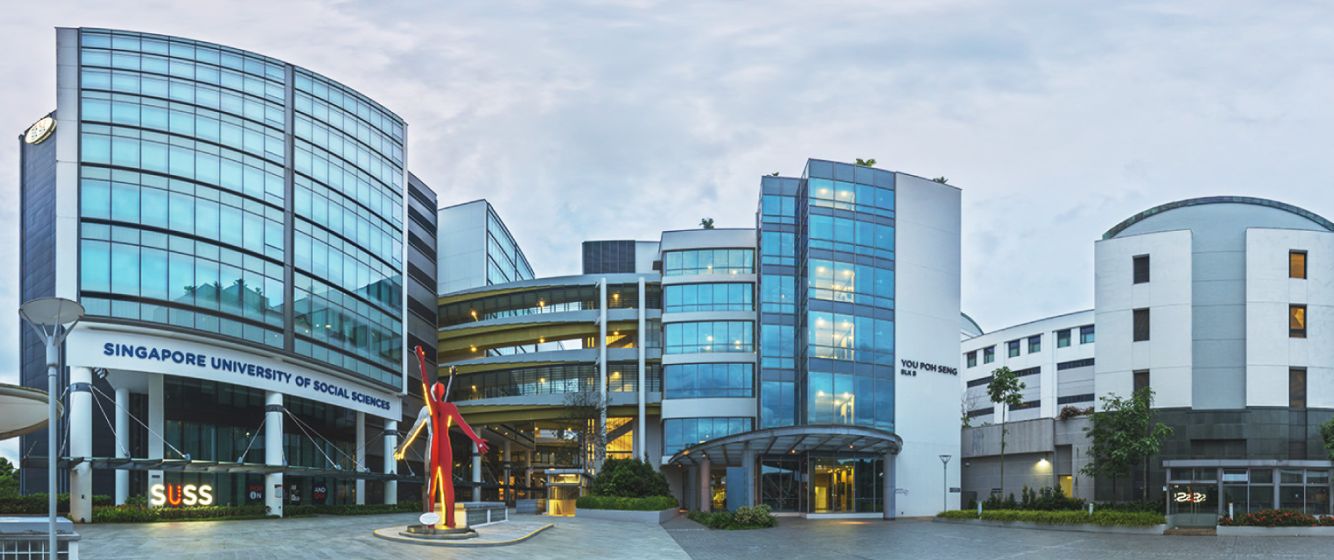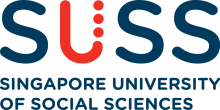
Singapore University of Social Sciences (SUSS)
The Singapore University of Social Sciences (SUSS) is the newest autonomous university in Singapore. It began as a private university for working adults after receiving the mandate to do so from the Ministry of Education (MOE) in 2005, and became Singapore’s sixth autonomous university under the ambit of MOE in 2017.
SUSS is committed to inclusivity in education with its broad admission criteria to reach out to learners from all age groups, with different qualifications and experience. Its programmes and research agenda are designed to be applied in nature by keeping a close connection with industries and communities. As an applied social science university, it maintains a keen focus on social issues in Singapore and the region.
To promote the university’s social focus, the Centre for University Core (CUC) designs and delivers the core curriculum in applied humanities and social sciences as a basic primer for all undergraduate students. It offers courses focused on emerging and complex local and global issues and aims to teach students to think critically, reflexively, empathetically and creatively with the community through applied research projects. It will also design continuing education courses for the general public in ways of thinking to sharpen their skills in problematizing complex social issues. Furthermore, it will conduct public workshops to bring the application of theoretical understandings to emerging social issues to a wider audience, and interact and engage with the community. CUC also has a young and dynamic faculty team from the humanities and social sciences, and an administrative team to support these developments.
CUC’s faculty is particularly interested in multi-disciplinary research about the region and its broader connections. Its partnership in HaB will strengthen the community-centred pedagogical approach by providing opportunities for educators and researches to exchange, reflect, and build new ways of teaching and learning applied humanities and social sciences. Its interest lies in a humanistic approach towards social issues – one based on reciprocal exchanges that is inclusive and diverse, based on the values of autonomy, responsibility and care for the other. Its current concentration of faculty strengths in applied ethics, public history and urban change will contribute to areas of HaB’s pedagogy to learn from and with communities, as well as re-assert the importance of humanities in knowledge-building. Located in Singapore, CUC provides connections and contexts of different communities and their lived-experiences to the knowledge about rapidly globalising Asia. CUC is also positioned to host scholarly exchanges between educators and researchers through community-based research.

Contact persons:
A/P Jennifer Ang and Dr. Rita Padawangi, faculty from the humanities and social sciences respectively, together with CUC manager, Ms. Jansey Lim will be engaged in this programme.